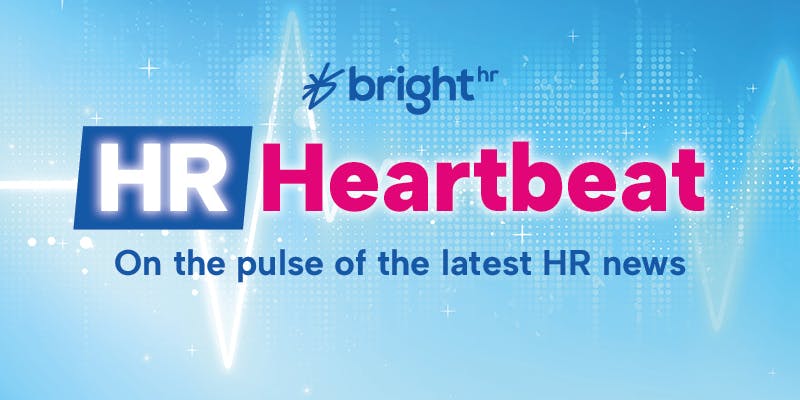First published on Thursday, April 13, 2023
Last updated on Thursday, April 13, 2023
Have you heard the latest news?
Welcome to HR Heartbeat, where we give you a rundown of the week's top employment law stories. Stay on the pulse of current trends impacting your business. Plus get up-to-the-minute commentary on all things HR and legal.
So, let's check out this week's headlines...
Minimum wage raises
Are you aware of the different minimum wage rates in Canadian jurisdictions? Employers should be aware the following provinces increased their general minimum wage rates on April 1st 2023.
- Manitoba—from $13.50/hour to $14.15/hour. The next minimum wage increase (to $15.30/hour) will be on October 1st 2023.
- Newfoundland & Labrador—from $13.70/hour to $14.50/hour. The next minimum wage increase (to $15.00/hour) will be on October 1st 2023.
- Nova Scotia—from $13.60/hour to $14.50/hour. The next minimum wage increase (to $15.00/hour) will be on October 1st 2023.
- Federal—from $15.55/hour to $16.65/hour. The next minimum wage increase will be one year from now, on April 1st 2024. There is no specific amount for how much the increase will be yet as it'll be according to the Consumer Price Index.
Employers should apply the higher rate where the provincial minimum wage is higher than the federal minimum wage. If your business runs in any of these places, make sure you update your payroll with the new rates so you’re paying your employees the right amount.
Introducing the Pay Transparency Act
Employers in British Columbia (B.C.) may no longer be able to ask for candidates' pay history throughout the hiring process. B.C. recently introduced the Pay Transparency Act into the legislature. Once it’s passed, all employers in B.C. have to include wage or salary ranges on all job postings. Employers also can't punish employees who discuss their pay with job applicants or co-workers.
This is important as pay transparency helps reduce gender bias in hiring. It’s also an effort to close the wage gap, build employee trust, and boost productivity and engagement. Employers who embrace this new act will establish a culture of openness, promote fair compensation in the workplace, and attract top talent. Learn why equal pay is important.
Updates in the construction sector
Ontario recently announced changes to jobsite requirements in the construction sector. These changes require construction employers to provide safe, private, clean washrooms on all jobsites. These should also include at least one designated washroom for women on every site. Other changes require PPE to be properly fitted to women and workers with diverse body types.
Ontario construction employers will have until July 1st 2023 to implement the changes.
Manitoba is updating its Builder's Liens Act to improve its construction sector. The act guarantees payment to all workers on a construction project and will help prevent the negative effects of non-payment. This’ll be done by creating a process to settle disputes related to timely payments allowing construction projects to be completed on time.
Supporting employees during Ramadan
Religion is a protected ground in Canada's federal and provincial human rights legislation. So, all employers must accommodate staff who’ll need more support during Ramadan. Employers must make reasonable accommodations for dress code, attendance, time off, and flexible work arrangements if it doesn't cause extreme disorder in your business operations. Learn more about supporting employees during Ramadan.
Promoting health & safety in Saskatchewan
Saskatchewan recently announced they are launching a five-year strategy to reduce workplace injuries and fatalities. The plan focuses on two key work streams to reduce these incidents—a regulatory and enforcement stream and a prevention and learning stream. Under this strategy, healthcare, transportation, and construction are the three priority workplace sectors. If you’re an employer in these high-risk fields, take extra precautions to ensure staff safety.
A recent conviction serves as an example. The Ontario Court of Justice charged a building contractor in Thunder Bay for health & safety violations that led to an avoidable workplace fatality. The contractor was fined $135,000.00 because they didn't follow Ontario regulations for the Occupational Health and Safety Act, which put their workers' safety at risk.
That's it for today! Come back next week for more HR news so you stay ahead of major employment law changes.






